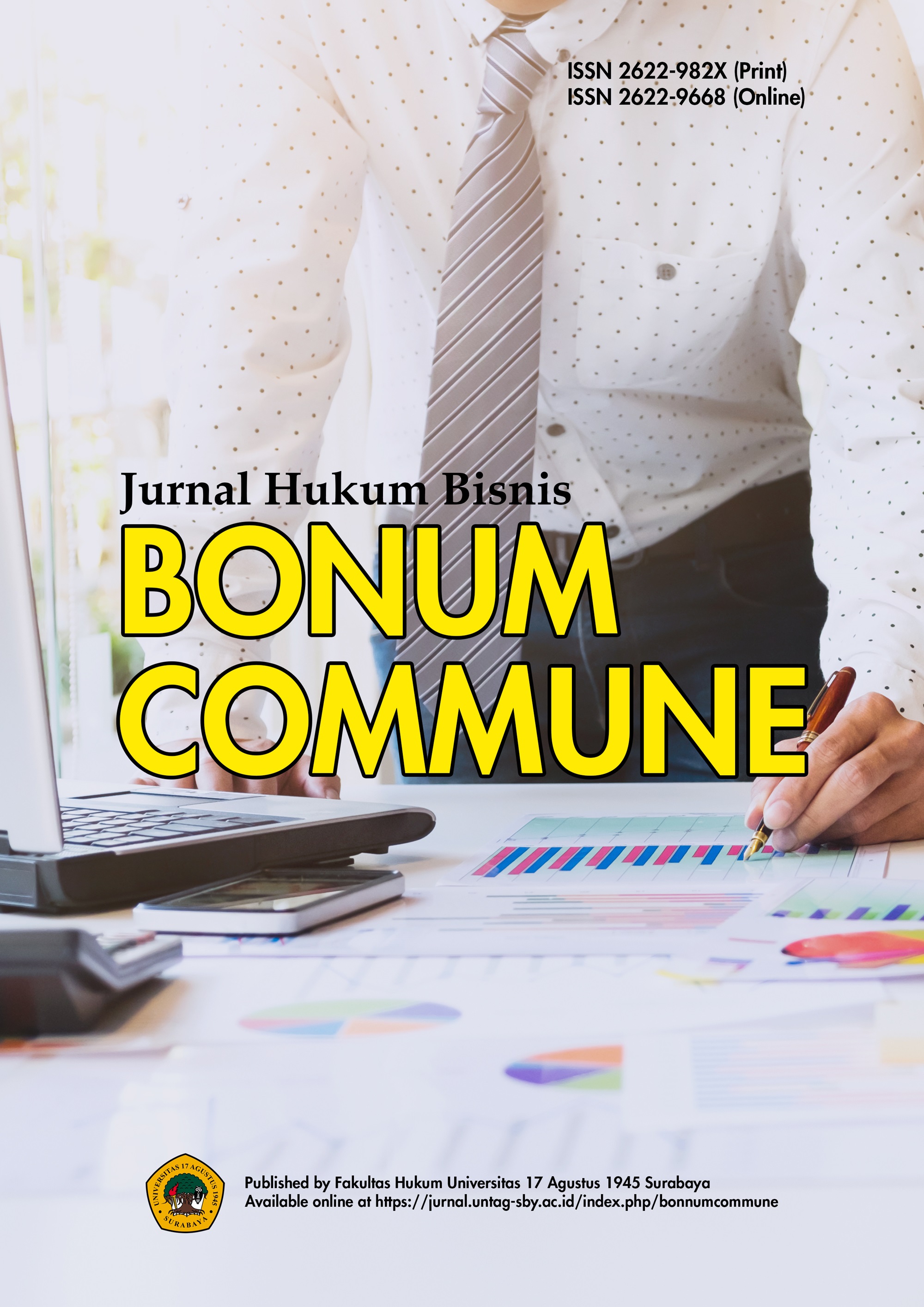Conceptualizing the Establishment of BPPKE: Legal Protection for Businesses in Indonesia
DOI:
https://doi.org/10.30996/jhbbc.v7i2.10502Keywords:
Supervisory Body, Business Law, Electronic Contracts, Protection, Smart ContractAbstract
The development of technology brings significant changes in human life, including in the formation of more efficient electronic agreements. Smart contracts, as programmable contracts using blockchain technology, have facilitated agreements without intermediaries with high efficiency and security. In Indonesia, smart contracts are starting to be used although they still encounter pros and cons, especially regarding the aspect of legal validity. The availability of specific regulations regarding electronic contracts poses a major challenge, where the law must provide guarantees and legal recognition equivalent to conventional contracts. Therefore, the establishment of the Electronic Contract Supervision and Protection Agency (BPPKE) becomes important to create order, certainty, and justice for all parties involved in electronic transactions. BPPKE is expected to oversee and supervise the implementation of applicable regulations so that legal objectives can be achieved well in the digital business era. The research method used is Reform-Oriented Research aimed at assessing the sustainability of existing rules and proposing changes to rules deemed necessary related to electronic contracts in Indonesia. Thus, the conceptualization of the establishment of BPPKE is expected to enhance the investment and business climate in Indonesia, as well as strengthen legal protection for business actors, both nationally and internationally. This is in line with the rapid development of information and communication technology, where electronic transactions are becoming increasingly dominant in global business activities.
Downloads
Downloads
Published
Issue
Section
License
Authors who publish with Jurnal Hukum Bisnis Bonum Commune agree to the following terms:
- Authors transfer the copyright and grant the journal right of first publication with the work simultaneously licensed under a Creative Commons Attribution-ShareAlike 4.0 International License.. that allows others to share the work with an acknowledgement of the work's authorship and initial publication in this journal.
- Authors are able to enter into separate, additional contractual arrangements for the non-exclusive distribution of the journal's published version of the work (e.g., post it to an institutional repository or publish it in a book), with an acknowledgement of its initial publication in this journal.
- Authors are permitted and encouraged to post their work online (e.g., in institutional repositories or on their website) prior to and during the submission process, as it can lead to productive exchanges, as well as earlier and greater citation of published work (See The Effect of Open Access)














